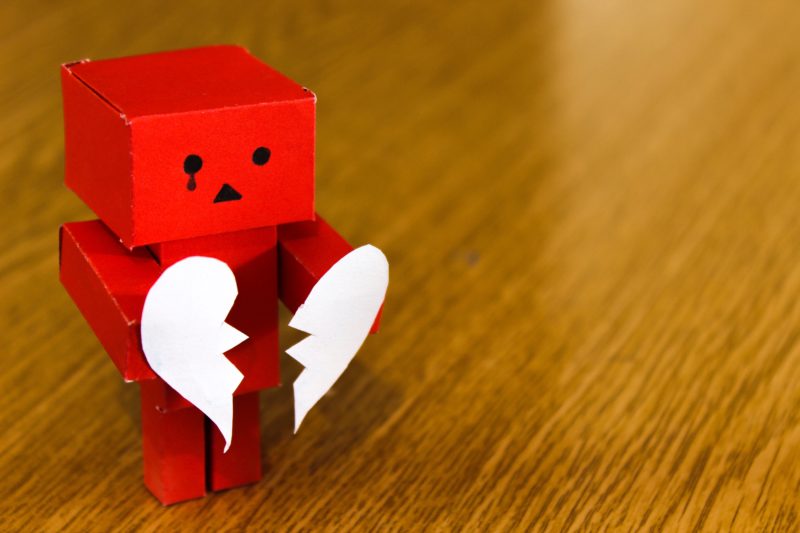
On May 11, 2009, our youngest daughter, Maayan Rachel Kaplan, was born. Twelve days later my oldest daughter, Michaela, went to sleep at her grandparents’ house and never woke the next day. While the official mourning period ended less than a month later, I have continued to grieve for not only my beloved five-year-old but also for the permanent end of my existence as a special needs caregiver.
Michaela Noam Kaplan’s first month of life was spent in the intensive care units of two hospitals in Atlanta, Georgia, which was, of course, where my wife, Gabi, and I spent most of our waking hours. I had just begun the full-time MBA program at Emory’s Goizueta Business School, while Gabi took a job as news editor for a community newspaper. These vocations quickly became mere afterthoughts as we navigated the unfamiliar terrain between being medical decision makers and parents. When at only 24 hours of age, Michaela had her first seizure, we kissed her—and then consented to the first round of anticonvulsants.
At 7:00 p.m., we watched intently as the night nurses slowly emerged from the hospital’s halls, and kept an eye out for our favorites, whom we would attempt to hand-select for our child. The period of restful nights had ended.
This was not how we planned to begin our new life, a young married couple who had left New York City in search of greater opportunity and community down south. But like all dedicated parents would have done, we slowly adapted to our “new normal.”
Once insurance was no longer an issue, Gabi gave up her passion for reporting and channeled her vast energies into Michaela’s care. After six months, the seizures stopped. Nine months after that, I accepted a move and job offer in Detroit, Michigan, so that we could live closer to Gabi’s family.
Over the next four-plus years, our life was Michaela and Michaela was our life. We traveled with her to Israel for my sister’s wedding; two summers later, she joined us on a trip to Panama. She was so spirited and alive, making her feelings known through her unmistakable vocalizations and with a smile that extended from ear to ear.
Gabi dedicated herself to Michaela’s care and well-being, shuffling her between physical therapy and doctor’s appointments, and concocting various food combinations whose consistency would agree with her chewing and swallowing challenges. I changed her G-tube, danced around the living room with her, and tucked her in at night. In 2006, we had our second child Ayelet, but the shining star was Michaela.
What most people fail to understand is that we loved our time as special-needs caregivers. This was existence with purpose. Somehow, we were infused with an energy to be on call for 24 hours a day, seven days a week. We had no time for cable TV or Facebook—we had a life to live.
When Michaela tragically lost her life that terrible day in May, we lost ours as well. Our extended community of therapists and doctors evaporated instantly. The durable medical equipment went into a closet or against a wall.
The sympathy cards we received tried to console us on our singular “loss.” Together, only we knew the truth of the two lives that we have parted with forever.
Use the chapter locator to find out information about chapters in your area. Locate a Chapter by selecting your state and zip code.


